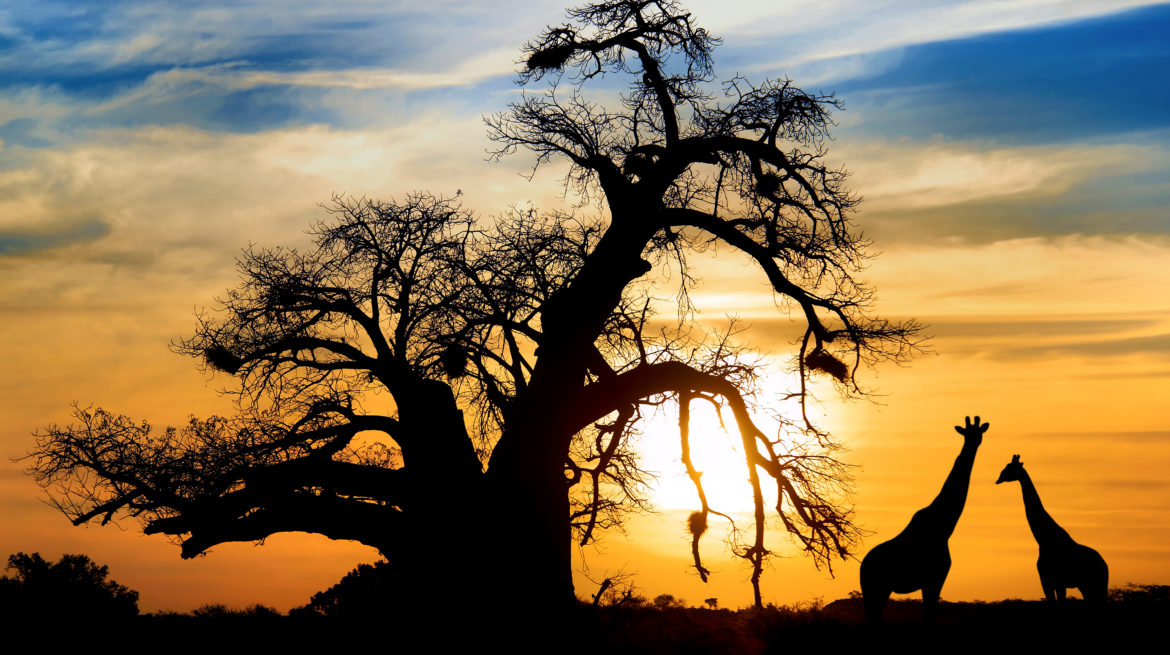به هراره، پایتخت زیمبابوه خوش آمدید
Welcome to Harare, the capital city of Zimbabwe
به هراره، پایتخت زیمبابوه خوش آمدید امروز با شهر هیجان انگیز و جالب هراره، پایتخت و مرکز صنعتی زیمبابوه آشنا خواهیم شد. خوابیده در شمال شرقی ص
Welcome to Harare, the capital city of Zimbabwe Today, we’ll get to know about the exciting and interesting city of Harare, the capital and industrial centre of Zimbabwe. Lying in the north-eastern part of Zimbabwe is Harare, a beautiful city with a vision to achieve a ‘world class city’ status by 2025. Harare houses lots of beautiful tourist attractions, like wildlife, museums, and cultural centres amongst others. Harare formerly Salisbury until 1982 is the capital and most populous city of Zimbabwe. The city proper has an area of 960.6 km2 and a population of 2,123,000 in the 2012 census and an estimated 3,121,000 in its metropolitan area in 2019. Situated in north-eastern Zimbabwe in the country's Mashonaland region, Harare is a metropolitan province, which also incorporates the municipalities of Chitungwiza and Epworth. The city was founded in 1890 by the Pioneer Column, a small military force of the British South Africa Company, and named Fort Salisbury after the UK Prime Minister Lord Salisbury. It retained the name Salisbury until 1982, when it was renamed Harare on the second anniversary of Zimbabwean independence from the United Kingdom. Long the commercial capital of Zimbabwe, Harare has seen economic ups and downs since the 2000s. It remains an important centre of commerce, government, finance, real estate, manufacturing, healthcare, design, education, art, culture, tourism, agriculture, mining and regional affairs. Harare has the second-highest number of embassies in Southern Africa and serves as the location of the African headquarters of the World Health Organization, which it shares with Brazzaville. Economy Harare is Zimbabwe's leading financial, commercial, and communications centre, as well as an international trade centre for tobacco, maize, cotton, and citrus fruits. Manufacturing, including textiles, steel, and chemicals, are also economically significant, as is the trade of precious minerals such as gold, diamonds, chrome and platinum. It has also experienced a real estate boom recently, particularly in the wealthy Northern suburbs, with prices rising dramatically over the last decade, despite challenges in other sectors of the economy. However the once booming market has begun to cool off due to a 2019 hike in interest rates and the economic fallout from the COVID-19 pandemic, leaving a number of projects unfinished. A major challenge to Harare's economy is the persistent emigration of highly educated and skilled residents to the United Kingdom, Australia, Canada, the Ireland and New Zealand, largely due to the economic downturn and political unrest. Tourism Harare surprises many visitors with its beautiful resort areas and alluring tourist gems. A haven for wondrous wildlife, the city is encompassed by sprawling African plains and spectacular scenery home to giraffes, lions, wildebeests and more. And with some great museums and majestic gardens too, travelers can easily lose themselves for days in this busy, dynamic and charming place. The city of Harare is characterized by wide streets and a mix of historic, post-war and modern buildings. The district is also notable for a number of up market hotels such as the Meikles Hotel which are relatively luxurious but not particularly modern. Other downtown sights include the Kopje Africa Unity Square, the Harare Gardens, the National Gallery, the August House parliamentary buildings and the National Archives. Cuisine Like in many African countries, a majority of Zimbabweans depend on staple foods. "Mealie meal", or cornmeal as it is known in other parts of the world, is used to prepare bota, a porridge made by mixing cornmeal with water, to make a thick paste. This is usually flavored with butter or peanut butter. This is usually eaten for breakfast. Cornmeal is also used to make sadza, which is usually eaten for dinner and by many for lunch too. As earlier stated, Harare has a vision to achieve a world class city status, by 2025. And with ongoing growth and development measures put in place, that goal is very visible.
فهرست های مشابه

آفریقا سرزمین های بکر و زیبا را از زمین و آسمان ببینید
travel-to-africa

سفر به زینباوه وپایتخت آن هراره
travel-to-zimbabwe









